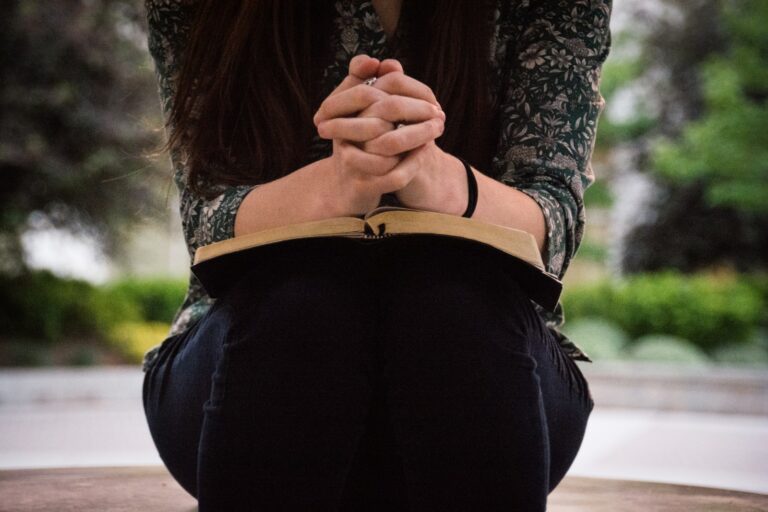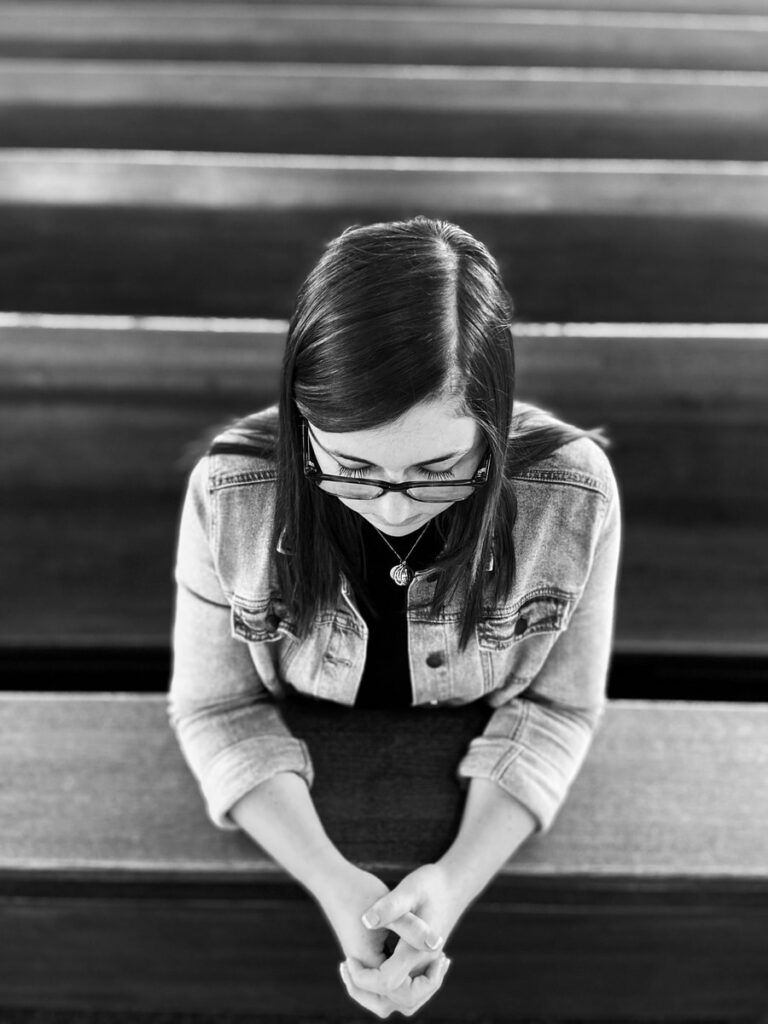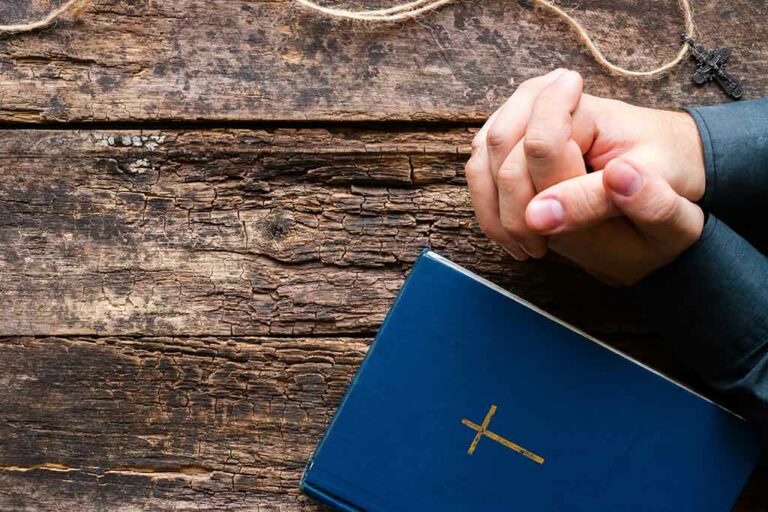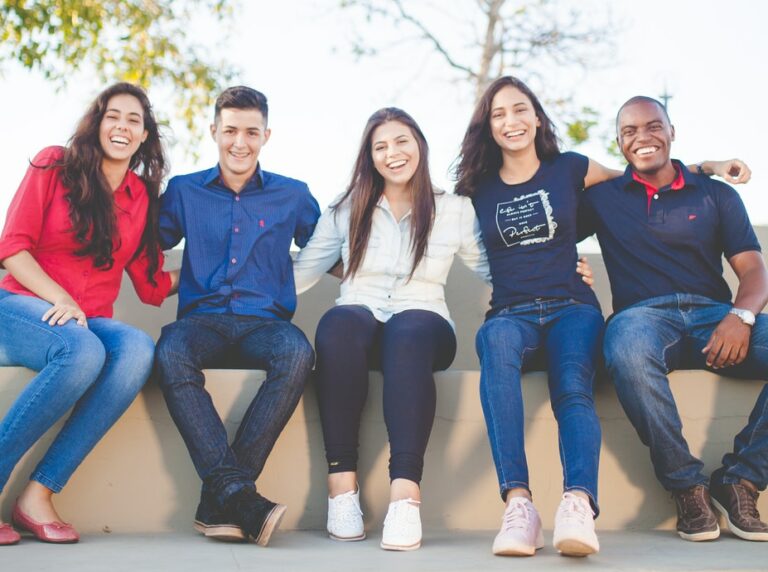How to Become a Spiritual Director
Being a Spiritual Director is a unique, sacred call that can be a powerful conduit of grace in people’s lives, both for the person who receives spiritual direction as well as for the director him/herself. Divine Mercy University offers a rich Spiritual Direction Certificate program that provides a foundation for this very important work.
While one may have a natural desire and capacity to walk with others in their spiritual journeys, formation in Catholic spirituality, Christian anthropology, and the human sciences provided in with a Certificate in Spiritual Direction allow allows a director to guide others more deeply in their pilgrimages of faith.
Why chose the Spiritual Direction Certificate Program at DMU
In 1999, Divine Mercy University began as the Institute for Psychological Sciences. At the time, a group of psychologists came together to unite the best of the psychological sciences and the Catholic Christian view of the human person to provide a more holistic and complete practice of psychology.
IPS became a place for providing future psychologists doctoral (PsyD) and masters degrees (M.S.) in psychology. From these original programs, more opportunities were born. In 2015, under the name Divine Mercy University, a school of counseling was added which now offers a Master’s of Science in Counseling to train clinical mental health counselors.
Additionally, in 2018, DMU began the Spiritual Direction Certificate Program as a way to prepare spiritual directors
Knowledge, training, and experience are important for spiritual directors. Therefore, like all programs at DMU, the program is designed primarily to help the students undertake the transformative journey that will help them “put on” the person of spiritual director according to the heart of Christ and tradition of the Church, learning the skills, habits, and knowledge that facilitates this journey. In this sense, the SDC Program at DMU is not so much an academic program (though students comment positively on its academic rigor), as it is a life-changing experience.
The pedagogy of the SDC Program at DMU is designed for an online, asynchronous format, with two in-person residencies. It is intentionally a non-degree certificate, allowing it to be more accessible to those in a variety of fields and states of life.
The program consists of six 8-week long courses, offered three times a year. The courses are fully asynchronous though cohort-based, allowing students opportunities to interact with each other on discussion boards or in small group and large group live sessions.
The Divine Mercy University SDC program also includes two residency experiences where students come on site for four days for an intensive residency experience.
Courses
The courses within the SDC Program include important threads of the Catholic tradition of spiritual theology, insights from the human sciences on development and relationships, and practical skills.
SDC 100: Ongoing Conversion, Deepening Discipleship, and the Foundations of Spiritual Direction, which looks at the spiritual life from two aspects: the “dynamic” and the “structural”. The dynamic aspect explores spiritual life as an ongoing encounter with the Living God, always present here and now, and spiritual direction as engaging the dynamics of this interpersonal encounter: “Speak Lord, your servant is listening”. The “structural” elements seek to understand the “patterns” and “habits” of spiritual growth and gain insight into what happens with human nature as it is informed by Divine grace.
SDC 200: Human Development for Spiritual Direction integrates the human sciences with the spiritual journey of the soul. Recognizing that the human person develops in relationship with God and with others, the course explores the various facets of human development as a means for accompaniment.
SDC 300: Relating Skills for Spiritual Direction (with Residency in week 7), focuses on helping directors listen deeply and help the directee access the depths of the spiritual experience: the human heart as the place of “Covenant” with the Lord God (see Catechism of the Catholic Church, # 2562 ff) This space ensures that, from a human perspective, directees feel comfortable and uninhibited in sharing during spiritual direction, and from a supernatural perspective can hear the voice of the Good Shepherd who guides his own through the pastures and valleys of life. The 300 level course is a particularly important piece to the overall program as it weaves in listening skills as an aid to human empathy and the deep theological listening borne of prayer. This course also includes an intensive 4-day residency for practice.
SDC 400: Discernment and Spiritual Growth builds on the 300 level course by forming a discerning heart capable of hearing the “whisper” of the Lord even amid the “earthquakes, fires, and driving winds” of life (cfr 1 Kings 19).
SDC 500: Advanced Spiritual Direction Skills and Practicum: Putting Out into the Deep (with Week 2 Residency) looks at advances skills needed for the spiritual direction relationship including establish healthy human and theological relationship boundaries as a means to allow the director-directee relationship to flourish and foster the directee’s journey toward the Lord. The residency gives students an opportunity to practice walking with directees in a guided, supervised way.
SDC 600: Advanced Prayer and Situations, is the course that weaves all of these themes together and also explores more advanced topics such as learning how to recognize and refer a directee who might need professional therapy, distinguishing the difference between a spiritual dark night experience and clinical depression, and what to do when a directee encounters extraordinary spiritual phenomena.
If you are feeling called to become a spiritual director or are interested in learning more, visit the Spiritual Direction Certificate program section for information on courses, faculty, course sequence and more.






